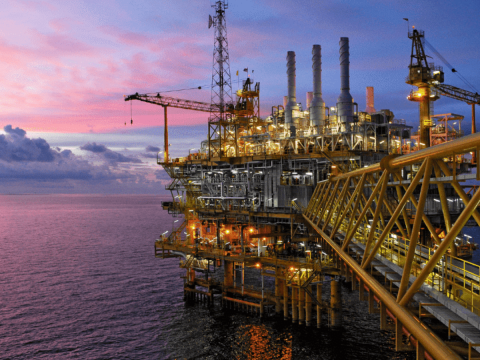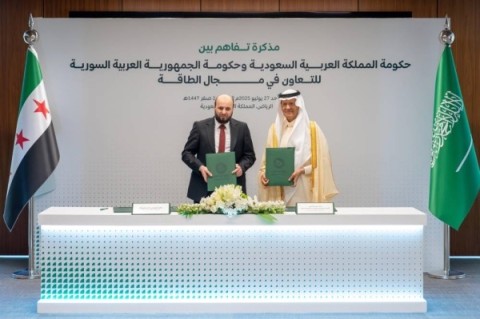Gérard Mestrallet, chief executive of Engie, one of the world’s biggest power companies, says fossil fuel electricity generation is on the way out in Europe.
The economics of gas and coal power generation have deteriorated to the point that future growth is more likely to come in big emerging markets such as India and China, rather than the EU, he told the FT on the sidelines of a business and climate change conference in Paris on Wednesday.
It was a different story in emerging markets, which needed more thermal energy to grow, said Mr Mestrallet, whose company was formerly called GDF Suez. But in Europe future growth was in renewables.
“We are adapting to the market,” he said. “We continue to build big power plants in emerging countries: Brazil, Chile, Peru, the Middle East and Asia.”
Many of Europe’s big power companies have been forced to mothball gas plants and write down assets as they struggle with overcapacity and the growth of subsidised renewables.
Mr Mestrallet, one of France’s most powerful industrialists, was speaking as other senior executives lined up to declare their dedication to tackling climate change.
In one of the more surprising moves, the head of one large European power company revealed that his business was aiming to halt all carbon emissions within 35 years.
“Our strategy is expected to be a zero emissions company by 2050,” said Daniel Benes, chief executive of the Czech group, CEZ, which has coal power plants around central Europe.
“Coal power plants will still have their place in power generation in the near future,” said Mr Benes but it was clear that in the long term this had to change.
“In 2050 Europe should be a zero emissions area,” he said.
His remarks drew a round of applause from fellow executives at the conference, which sometimes sounded more like a gathering of environmental activists than corporate chiefs.
“We are neither optimistic nor pessimistic, we are activistic,” said Jean-Pascal Tricoire, chief executive of France’s Schneider Electric, the world’s biggest maker of electrical equipment. “Our common objective is to work for the planet.”
But the chief executive of Norway’s oil and gas group Statoil, Eldar Saetre, cautioned that fossil fuels were going to be produced “for a long time”.
Replacing coal power plants with gas would slash carbon emissions sharply, he added. Statoil, he said, was doing its best to cut carbon emissions and had invested in renewable power plants such as offshore wind farms.
The conference was organised ìn the run-up to a Paris meeting in December, where nearly 200 countries are due to seal a global climate change pact.
French President François Hollande told the event that only 37 countries had published climate pledges before the meeting. “This is a source of concern,” he said.
Many speakers said they were eager to see governments agree on a carbon price to spur more renewable energy investment.
Angel Gurría, secretary-general of the OECD, a group of countries that aims to promote sustainable growth. said: “We know who the enemy is, that’s carbon.” He said it should be hit on the head with “a big fat price”.
Source: Financial Times












